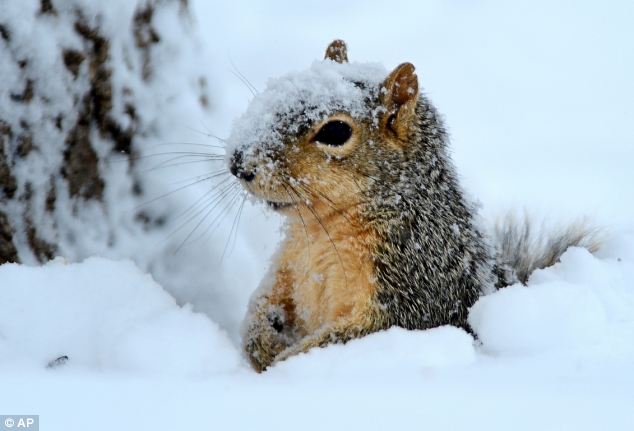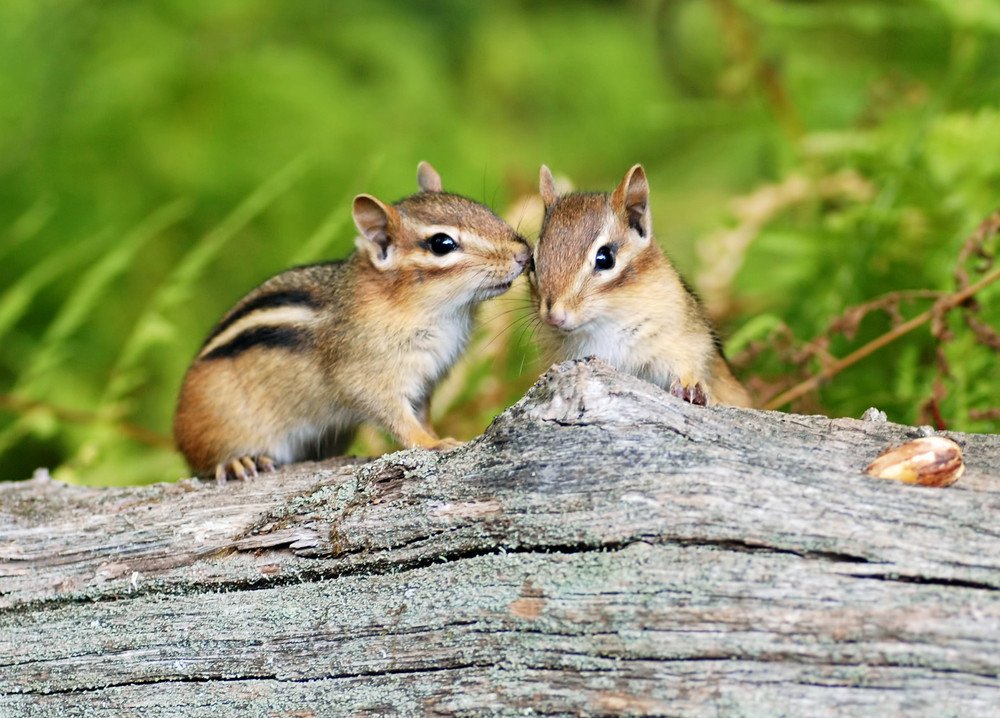
Chipmunks are small rodents that belong to the family Sciuridae, which includes squirrels, prairie dogs, and marmots. They are known for their striped bodies, bushy tails, and their ability to store food in their cheek pouches. However, one of the most remarkable features of chipmunks is their sense of smell, which is incredibly acute and plays a crucial role in their survival.
The olfactory system of chipmunks is highly developed and refined. These small rodents have a specialized organ in their nasal cavity called the vomeronasal organ (VNO), also known as Jacobson’s organ. The VNO is responsible for detecting and analyzing pheromones, which are chemical signals that animals use to communicate with each other.
Chipmunks use their sense of smell to navigate their environment, locate food, and detect predators. They have a highly sensitive nose that can detect a wide range of odors, from the scent of food to the presence of danger. They use their sense of smell to identify other animals in their territory, including potential mates, rivals, and predators.
One of the most important uses of the chipmunk’s sense of smell is in locating food. Chipmunks are omnivorous and eat a variety of foods, including nuts, seeds, fruits, insects, and small animals. They have a keen sense of smell that allows them to detect food sources from a distance. This ability is particularly important during the winter months when food is scarce, and chipmunks need to rely on their stored food reserves to survive.

Chipmunks also use their sense of smell to avoid predators. They are prey animals and are hunted by a variety of predators, including birds of prey, snakes, and larger mammals. To avoid being caught, chipmunks use their sense of smell to detect the presence of predators and to assess the level of danger. They can detect the scent of predators from a distance and will use this information to determine whether it is safe to come out of hiding or whether they should stay hidden.
In addition to their olfactory sense, chipmunks also have excellent hearing and vision, which together provide a comprehensive picture of their environment. They use their senses in combination to detect predators, locate food, and communicate with other chipmunks.
Chipmunks are also known for their ability to cache food, which means that they store food in various locations to have access to it later. Their sense of smell plays a crucial role in this behavior, as they use it to remember where they have stored their food. They can detect the scent of their stored food even when it is buried underground or covered with snow.

In conclusion, chipmunks have an incredible sense of smell that is essential to their survival. They use their sense of smell to navigate their environment, locate food, detect predators, and communicate with other chipmunks. Their highly sensitive olfactory system is one of their most important adaptations, allowing them to thrive in a variety of environments and conditions.